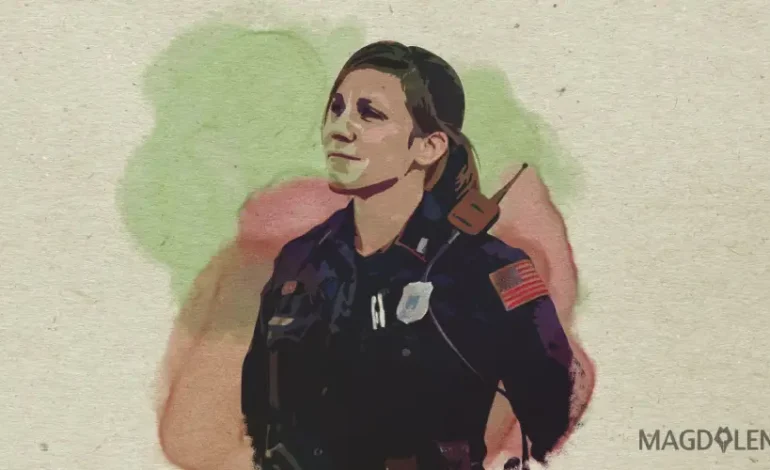I Want to End Gender Discrimination at Work, What Should I Study?

Dear Madge,
I am Tilda and I have been working at an HR finance department for three years in a Japanese company, where I have seen a lot of discrimination against women at the workplace (salary gap, sexual assault, low chance of promotion, etc)
This made me determined to continue my study on human resources with gender studies for complementary, so I can have a strong knowledge when I have to stand up to other colleague or boss about the discriminations happened. And hopefully I can climb to the HR top management and create equality for all.
My first problem is I cannot decided which field of study I should go into and below is a list of study programs I have found interesting:
1. Gender and International Development
2. Human resource and development (It has a course of gender inequality in workplace)

3. Or should I take Human resource majoring and gender studies as minoring?
My second problem is I have a bachelor’s degree in Japanese studies and it is a very different background from the program I am interested in. I also plan to fund my study with scholarship Do you think I have a chance to be accepted both for program enrollment and scholarship?
If not, do you have any other option to enhance gender equality at work?
I would be so grateful if you could answer my question,
Thank you in advance and looking forward to hearing from you
Best Regards,
Tilda
Dear Tilda,
I commend you for your noble mission, and I really support your plan to study further so that you bring gender equality into your work place.
Now I’m not really an expert in this field, but from my observation and related experience, this is my opinion:
- Option 1 (Gender and International Development) is good if you want to expand your career choice, may be going into development field, particularly with specialization on gender.
- Option 2 (Human Resources and Development) will provide you with more exposure to human resources. I’m not sure how many gender-related courses it offers other than gender inequality course, but considering that you didn’t study human resources, this will provide you with the foundation you need, if you want to continue your career path in this field.
- Option 3 (majoring in Human Resources and minoring in Gender Studies) will give you a strong human resources background as well as expose you to gender issues. This might be a bit more challenging academically and time-wise, and I’m not sure if there will be crosscutting courses between these two disciplines, but if you have the time and the capacity for this option, why not.
So I think option two and three might be better suited for the career you envision, it just depends on how much you are willing to take.
I don’t think there is any problem applying for a grad school that is different than your undergraduate field, if you have some working experience related to the fields you want to study. Some scholarship funding prefer to choose applicants with related working experience to those with matching undergraduate studies but who have no working experience. My suggestion is to work on your mission essay (if you have to write it –I think most grad school and scholarship would require it) and clearly explain why you choose this field of study despite your undergrad degrees. And do the same for the interviews as well.
I hope this helps and best of luck!
~M






















